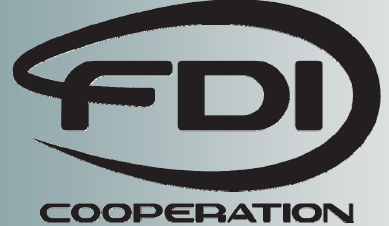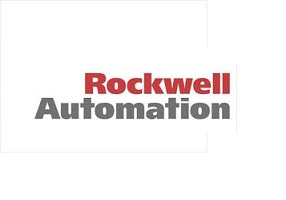
Orlando, Florida (February 6, 2012) – The five major automation foundations, including the FDT Group, Fieldbus Foundation, HART Communication Foundation, PROFIBUS & PROFINET International, and OPC Foundation have developed a single common solution for Field Device Integration (FDI). These foundations have combined their efforts to form a joint company named FDI Cooperation, LLC (a limited liability company under US law). FDI Cooperation, LLC is headed by a “Board of Managers”, which is composed of the representatives of the involved organizations, as well as managers of global automation suppliers including ABB, Emerson, Endress+Hauser, Honeywell, Invensys, Siemens, and Yokogawa.” FDI LLC marks an unprecedented level of cooperation among suppliers and foundations to achieve a single integration technology for the benefit of end users”, says Achim Laubenstein, managing director of the FDI Cooperation. FDI’s mandate is to develop a single technology for the management of information that comes from all intelligent devices throughout all areas of the plant. The mission of FDI LLC is to do the following:
- Complete the standardization of FDI under the IEC (International Electrotechnical Commission).
- Manage the FDI Specification.
- Finalize the FDI tool kits for system and device manufacturers.
- Promote and provide high quality technology support for FDI, independent of and common for the respective communication protocols.
- Preserve end users’ and automation manufacturers’ investments by providing state-of-the-art technology that is fully backward compatible.
- Ensure stability, interoperability and compatibility of FDI-based products.
Why FDI?
Efficient and economically viable device integration requires multiprotocol, standardized technology that makes device information available across systems and applications from different manufacturers. In the past, the development of such uniform technology was inhibited by too many different interests from organizations and automation manufacturers, resulting in the creation of disparate technical solutions. The current solutions – EDDL (Electronic Device Description Language) in various formats and FDT (Field Device Technology) – have their strengths and weaknesses, but also overlap to a large extent and thus lead to additional expense for users and manufacturers.
FDI technology will provide a very scalable solution that users can deploy in applications ranging from simple configuration to complex management of the most sophisticated field devices for the various tasks associated with all phases of their lifecycle, from configuration, commissioning, and diagnostics to calibration. This makes different solutions for different devices obsolete. FDI is a truly unified solution that addresses end user requirements across the spectrum.
FDI has also released a White Paper 'Field Device Integration Technology'.
adidas
